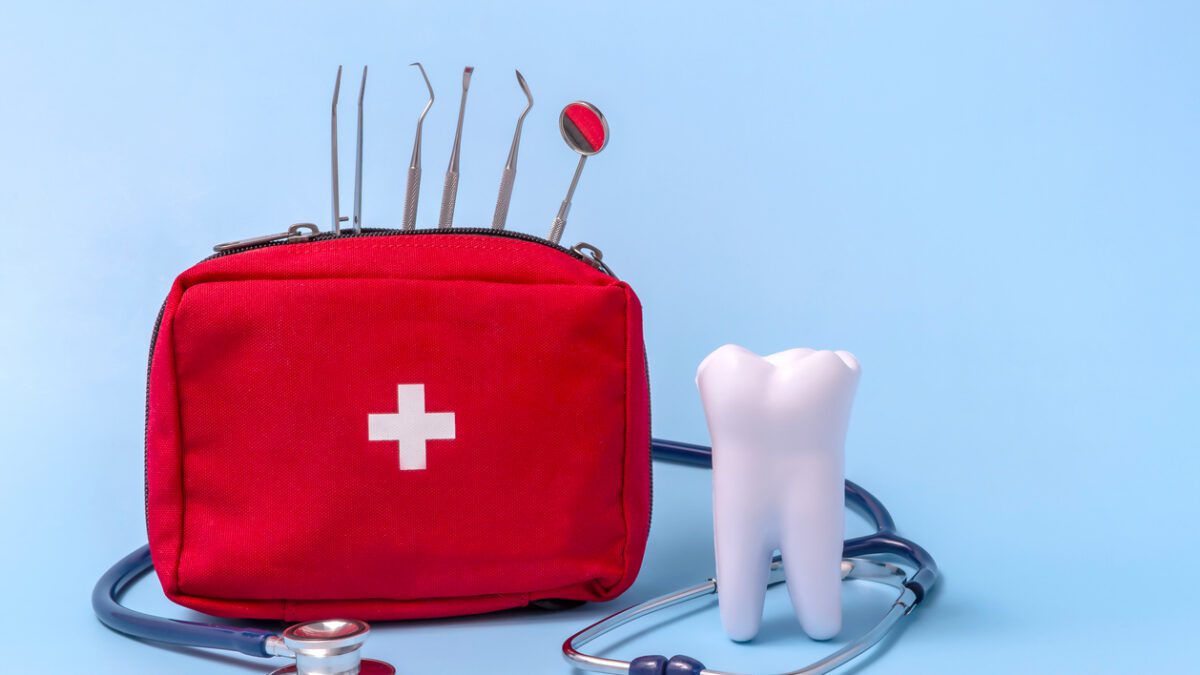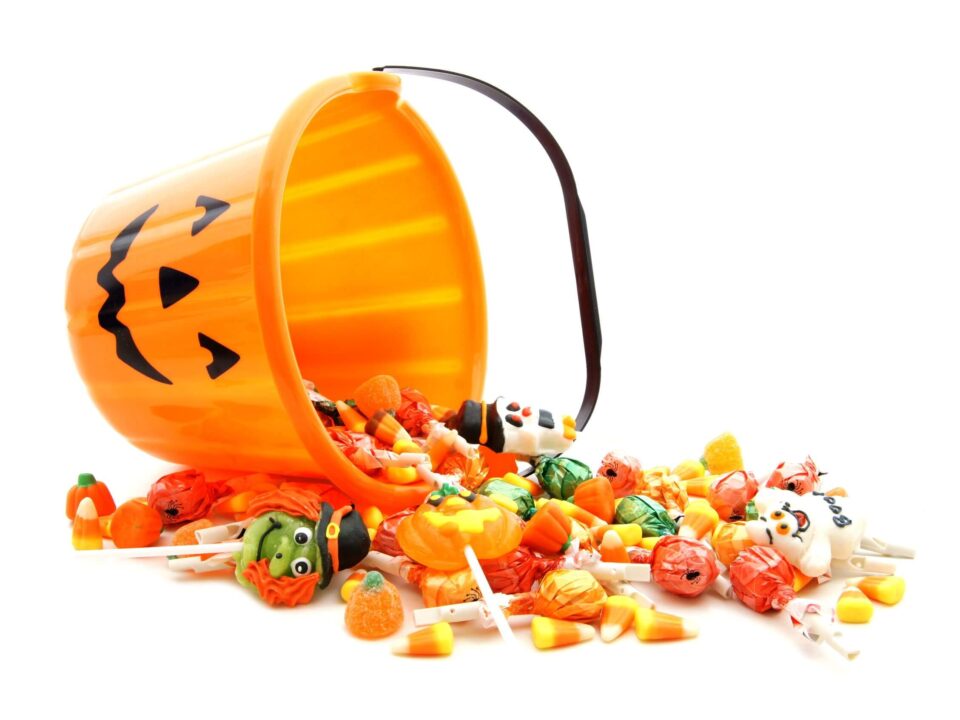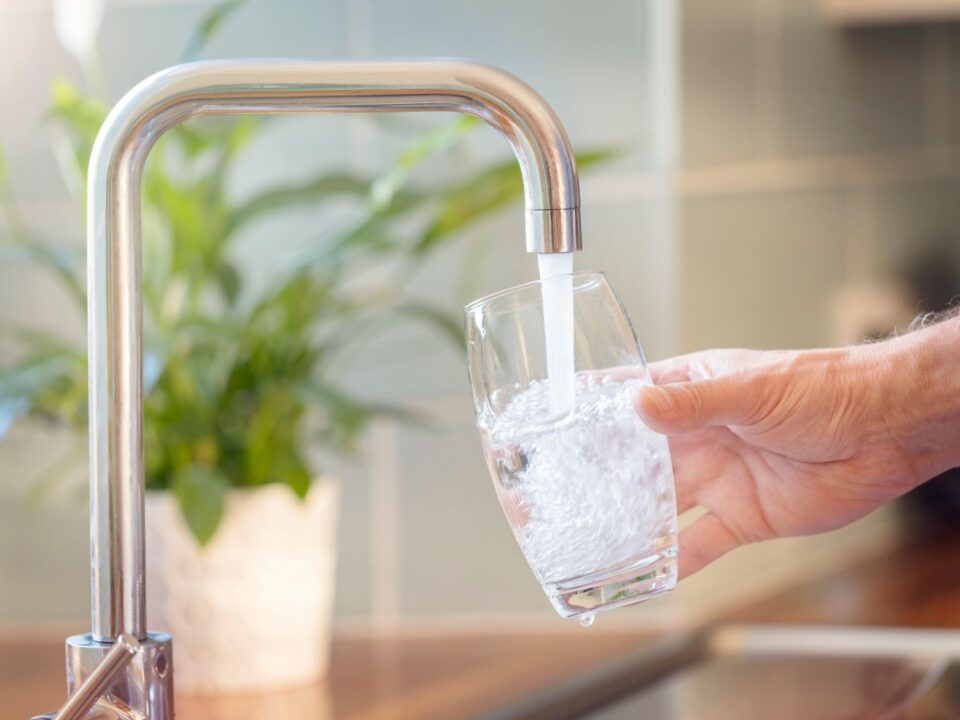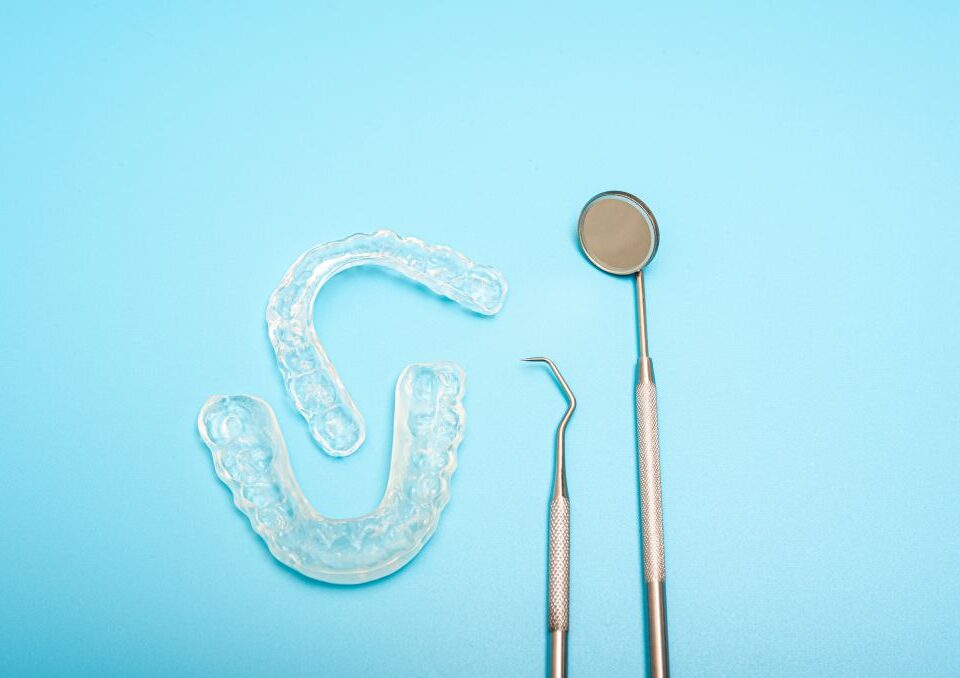Essential steps for handling an emergency
Dental emergencies can strike when you least expect them. You might be enjoying dinner and suddenly chip a tooth on something hard, or perhaps your child comes running in from soccer practice clutching their mouth after a fall. No matter how carefully we maintain our oral health through regular cleanings, brushing, and flossing, accidents happen – and when they do, knowing how to respond can make all the difference.
At Village Family Dental, we understand how frightening and overwhelming dental emergencies can be. That’s why being prepared – both mentally and practically – is one of the best ways to protect your smile. This guide will walk you through essential steps for handling a dental crisis calmly, safely, and effectively.
Why Dental Emergency Preparedness Matters
Most people know what to do when faced with a medical emergency: call 911, apply first aid, or head to the nearest ER. But when it comes to dental crises, many are unsure. Do you go to the emergency room? Can you wait until morning? Should you touch or rinse the affected tooth?
Dental emergencies don’t just cause pain: they can lead to permanent damage if not handled correctly and promptly. By understanding what qualifies as a dental emergency and learning the right steps to take, you can minimize damage, alleviate pain, and improve outcomes.
Stay Calm
When a dental emergency strikes, panic is a natural response. However, maintaining composure is crucial. Anxiety can make it harder to make decisions and may even worsen bleeding or pain due to elevated blood pressure.
Take a few deep breaths and remind yourself that most dental emergencies are treatable – and prompt action often leads to the best results. If you’re helping someone else, your calm demeanor can also help them relax, making it easier to assess the situation.
Assess the Situation
Next, determine the nature and severity of the issue. Ask yourself or the affected person the following:
- Is there bleeding? If so, how much and from where?
- Is a tooth broken, loose, or missing entirely?
- Is there swelling around the gums, cheeks, or jaw?
- Is the pain sharp, throbbing, or constant?
- Are there signs of infection, such as pus, fever, or a foul taste?
Recognizing the type of emergency helps you take the most appropriate action before reaching your dentist.
Contact Your Dentist
Your next step should be to call your dentist as soon as possible. Explain the situation clearly: include details such as when it happened, the level of pain, and whether there’s bleeding or swelling.
If your emergency occurs after hours, or if you’re traveling or can’t reach your dentist, head to the nearest emergency dental clinic or hospital emergency room if there is significant bleeding, swelling, or trauma to the face or jaw.
Manage Pain and Control Bleeding
While waiting to see your dentist, there are ways to alleviate discomfort and minimize further complications:
- For Bleeding: Rinse your mouth gently with lukewarm water. Use clean gauze or a damp tea bag to apply light pressure to the bleeding area for 10–15 minutes.
- For Swelling: Apply a cold compress to the outside of your cheek or jaw for 10-minute intervals. This helps reduce inflammation and numbs pain.
- For Pain: Take over-the-counter pain medication such as ibuprofen or acetaminophen. Avoid aspirin if there’s bleeding, as it can thin the blood.
Avoid applying heat, alcohol, or aspirin directly to the affected area. These can worsen irritation.
Pain is your body’s way of signaling that something is wrong. Even if it subsides, it’s important to see a dentist to ensure there’s no underlying damage or infection.
Save the Tooth (If Applicable)
One of the most time-sensitive dental emergencies is a knocked-out tooth. The good news: in many cases, the tooth can be successfully replanted if handled correctly and treated quickly.
Here’s what to do:
- Handle the tooth by the crown (top part) — never touch the root.
- If dirty, rinse gently with saline or milk. Avoid scrubbing or removing tissue fragments.
- Keep the tooth moist by placing it in milk, a saline solution, or inside your cheek (if it’s your own tooth and safe to do so).
- Get to the dentist within 30 minutes. The sooner you arrive, the greater the chance of saving the tooth.
If the tooth can’t be saved, your dentist can discuss replacement options such as dental implants, bridges, or partial dentures to restore your smile.
Follow Up
After your immediate emergency has been treated, follow up with your dentist for a full evaluation. Even if you feel fine, underlying issues like hairline fractures, nerve damage, or infection can develop later.
Your dentist may recommend dental X-rays or further treatment to ensure everything is healing properly. Regular checkups also provide opportunities to catch early signs of problems before they escalate.
Prevention Tips:
- Wear a mouthguard during sports or high-impact activities.
- Avoid chewing hard objects like ice, pens, or hard candies.
- Don’t use your teeth as tools to open packaging or bottles.
- Maintain good oral hygiene – brush twice a day, floss daily, and see your dentist regularly.
- Address dental pain early. Small issues like sensitivity or mild discomfort can become emergencies if left untreated.
When to Visit the Emergency Room Instead
While dentists handle most oral emergencies, certain symptoms require immediate medical attention at an ER:
- Uncontrolled bleeding that lasts longer than 15 minutes
- Severe swelling spreading to the face, neck, or eyes
- Difficulty breathing or swallowing
- Trauma involving broken facial bones or jaw
- Signs of a serious infection (fever, chills, or red streaks on the skin)
If you’re unsure, it’s always better to err on the side of caution – call your dentist or 911 for guidance.
Stay Ready, Stay Smiling
A dental emergency can feel overwhelming, but preparation and quick thinking can make all the difference. At Village Family Dental, our experienced team is here to support you. We provide compassionate care across all our locations in Fayetteville, Eastover, Hope Mills, St. Pauls, Raeford, and Laurinburg.
Your smile deserves the best care, even in the most unexpected moments. Keep our number handy, and remember – being prepared is the best way to face a dental crisis with confidence.




